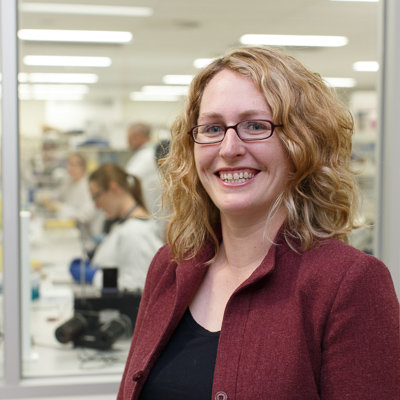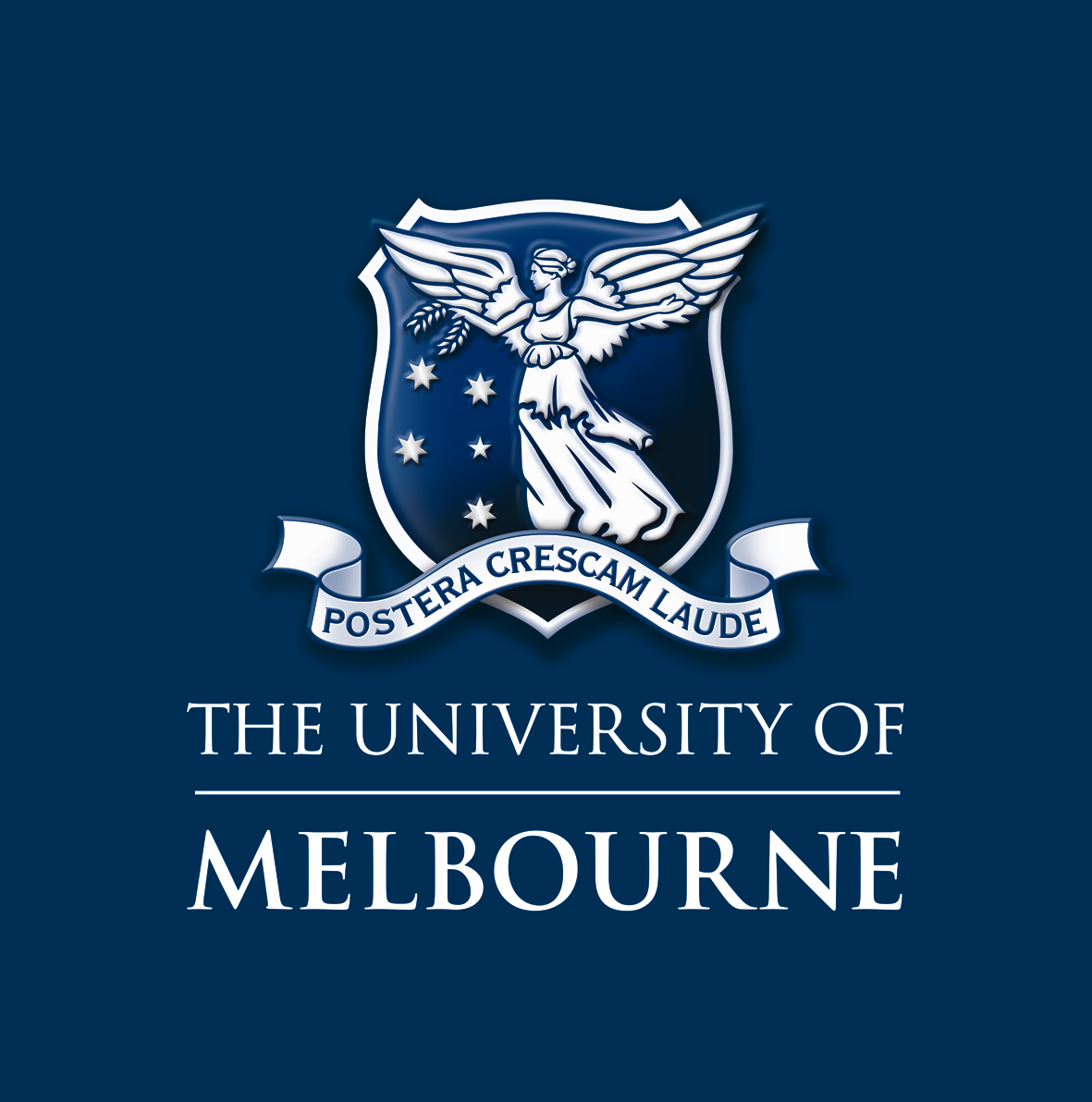Project: Understanding pneumococcal pathogenesis
Satzke Group
Streptococcus pneumoniae (the pneumococcus) is the most common cause of community-acquired pneumonia and a leading killer of children world-wide. However, it is also commonly found as an asymptomatic coloniser of the upper respiratory tract (carriage). Pneumococcal carriage is an important reservoir for transmission and a precursor to disease. In this project, you will identify novel genes and characterise their role in pneumococcal carriage and/or disease. Key approaches to this project include: genetic manipulation of pneumococcal isolates, working with in vitro and/or in vivo models such respiratory cells from patients grown as air-liquid interface and mouse models, as well as microbiological and immunological analysis of local and systemic samples. Your research will provide new insights into how pneumococci colonise and cause disease.
Project Site: Murdoch Children's Research Institute
Contact project supervisor for further
information and application enquiries
Satzke Group
2 vacancies


The Satzke group conducts research in a clinically-relevant context. We focus on the microbiology of pathogens of major global health importance (including pneumococcus and group A streptococcus) to understand their pathogenesis, interaction with viruses, and how infections can be best prevented with vaccines.
Satzke Group Current Projects
-
Understanding pneumococcal pathogenesis
PhD/MPhil, Master of Biomedical Science, Honours



